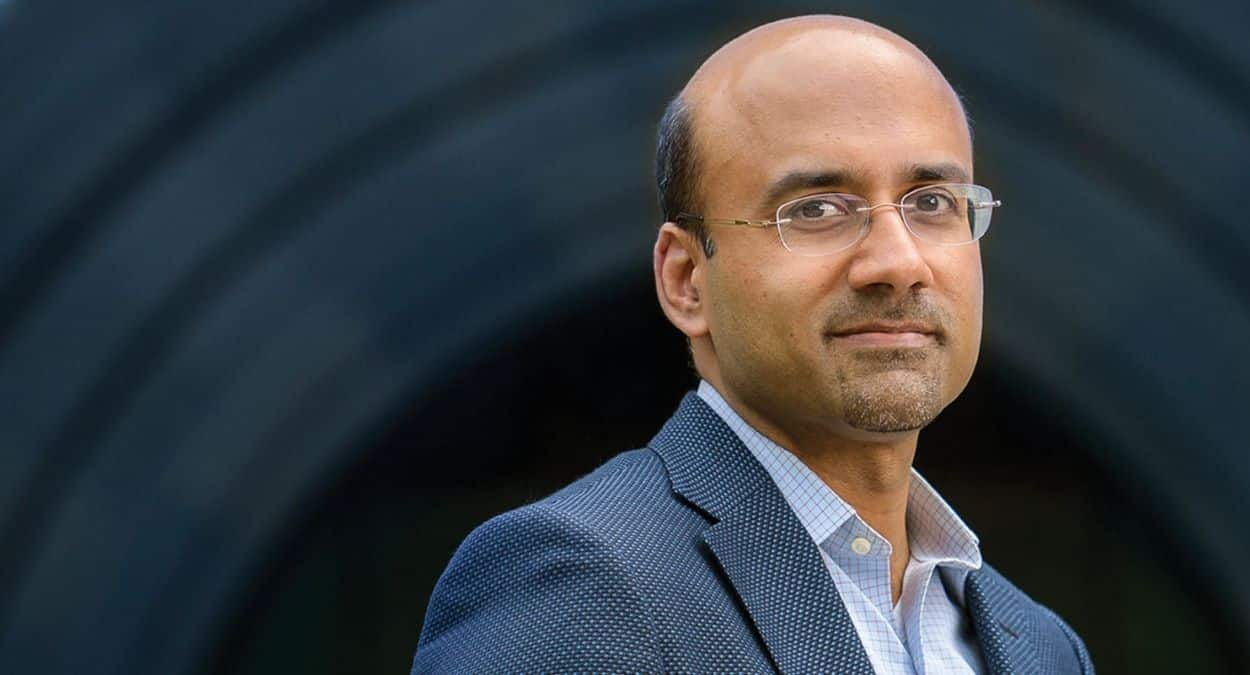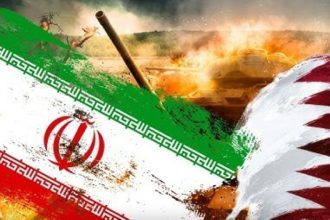Pakistani-American economist Atif Mian paints a grim picture of Pakistan’s economic future, highlighting its vulnerable state.
Atif Mian has called on Pakistani leaders to heed these warnings and implement urgent corrective measures. Critics, however, believe that the leadership is overly focused on internal politics, neglecting the critical economic challenges.
Dawn’s report outlines three primary “debt circles” perpetuating the crisis. The first, the fiscal circle, involves the government grappling with debt interest payments and unfunded pensions, leading to continuous borrowing to cover civilian and military expenditures.
The external circle, as the second major issue, hampers national trade. Pakistan’s trade imbalance, where imports double the exports and a heavy reliance on remittances, leaves little scope for sustainable economic growth.
Read: FBR Plans to Raise Withholding Tax Rates Amid Revenue Decline
The third, termed the weakness of confidence, poses the greatest threat. Growing frustration drives the hopeful youth to leave the country, deterring investment and worsening the dire financial and economic conditions.
Asad Rizvi, former Chief Financial Officer of Chase Manhattan Bank, emphasizes the need for a strategic approach to navigate these challenges. He has urged Atif Mian to share insights on how more developed economies with higher debt-to-GDP ratios have managed their situations effectively.
Read: SBP Likely to Cut Policy Rate in September Meeting
Atif Mian referenced a 1960 statement by former French President Charles de Gaulle critiquing the advantages the U.S. garnered from the dollar’s status as the global reserve currency. De Gaulle labelled it an “extraordinary privilege,” which allowed the U.S. to sustain trade deficits and borrow at low costs, thus imposing an economic strain on other nations.






